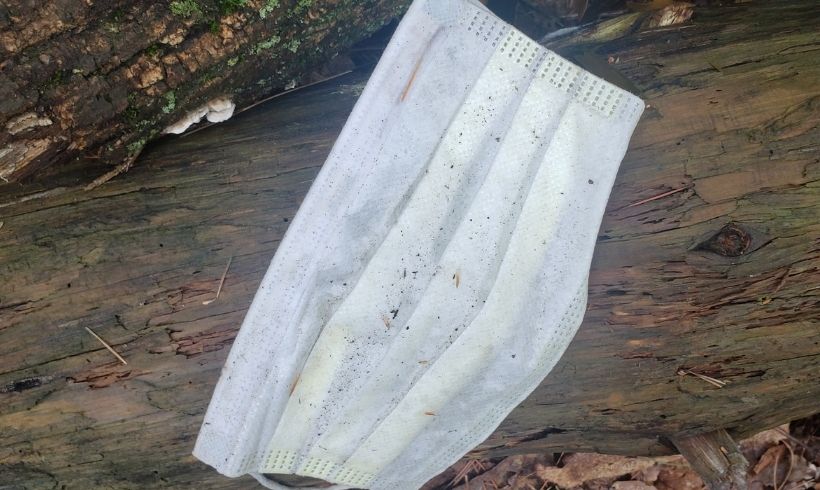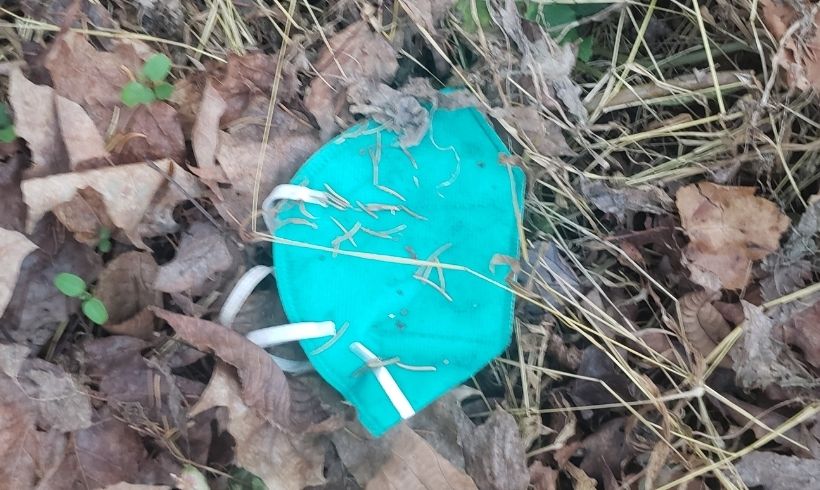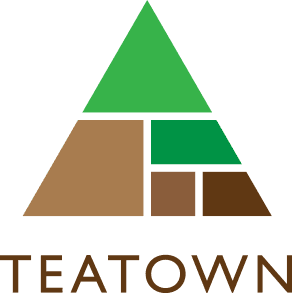Pollution in the COVID World
In the early spring of 2020, the world shut down due to a pandemic that took us all by surprise. As we learned to work from home, order groceries delivered to our front doors, thank essential workers, and attend work and school on Zoom to keep ourselves safe, our overall mental health began to suffer. Places like Teatown became refugees for many seeking relief from stress and anxiety. For others, the outdoors and the solace it provides is a familiar retreat.
Many nature centers, preserves, parks, and hiking trails welcomed record numbers of visitors with a skeleton staff. With visitor safety in mind, overcrowding, trail conditions, and sanitation were all evaluated and became a priority. Teatown experienced a huge increase in out-of-area and first-time visitors. The diversity of families visiting, together with increased membership, program attendance, and overall visitor support, was overwhelmingly positive.
With an increase in use, the human impact on our trails was more visible. Of particular interest to me, as a New York State Emergency Medical Technician, was the medical waste found on the trails, something unique to our current situation. Keeping ourselves safe is important, however, there are ways we can accomplish this in a sustainable and environmentally friendly way.


Disposable masks and gloves have been littering our trails. These masks (surgical, KN95, N95) and gloves (vinyl, latex, nitrile) are intended to be single-use. When carelessly discarded, they can be serious threats to wildlife through entanglement and ingestion. One of the first conservation lessons we learn as kids is “don’t litter.” So why do we as adults ignore this important rule?
As with many other single-use objects that pollute our planet, there are other options we can choose in their place.
The CDC recommends that a layperson (non-medical personnel), who is not in high-risk contact with other individuals, use a layered cotton mask for protection. The laying of the fabric is important to catch particles leaving the nose or mouth. Think of swiss cheese. If you layer the slices, the holes do not line up, making a solid barrier. Fabric masks can be purchased from local and small businesses (Teatown even has some for sale, made by our Animal Care Supervisor Lisa Kelly) helping them keep afloat during the pandemic. Reused, recycled, or leftover fabric make the masks even more sustainable. These should be washed regularly. Surgical masks, especially N95s, should be saved for healthcare personnel as the supply is still low. If you do choose to wear a surgical mask, keep it in a small paper bag (to prevent moisture) or on a lanyard to prevent losing it on the trail. Before tossing it in the garbage, cut the earloops to prevent entanglement.
Gloves are only effective when kept in a sterile environment. When we wear gloves in a grocery store and forget to remove them before entering a car, we introduce any bacteria from the surfaces we touched within the store into our car and personal items. Instead of using a pair of gloves in each store we enter, hand sanitize before and after shopping. CDC recommends use of hand sanitizer with an alcohol content of 60%-95%.
The UN Environment Programme (UNEP) estimates that approximately 75% of all used masks and other pandemic-related waste will end up in landfills or watersheds. The UNEP “argues that the safe handling, and final disposal of this waste is a vital element in an effective emergency response.” Opération Mer Propre (Operation Clean Sea) has found an excess of pandemic-related pollution in the waters of the Mediterranian Sea. By June 2020, 5% of the pollution pulled from the Mediterranean was pandemic related (masks, gloves, and hand sanitizer bottles). The Environment, Science and Technology Journal reported that approximately 129 billion masks and 65 billion gloves are being used each month.
Even with the relatively robust waste collection and disposal system in the United States, pandemic-related pollutants are still making their way into our forests and waterways. We all must make an effort to reduce and reuse if we are able. A reduction in air pollution from lack of commuters, canceled flights, and overall less travel has been a great reprieve for nature. Let’s not exacerbate another pollutant at the same time. Stay safe, stay healthy, and enjoy nature responsibly.

About the Author
Elissa Schilmeister
Environmental Educator and Volunteer Coordinator
Elissa has been involved with Teatown for 26 years as camper, volunteer and staff. She is a NYS Licensed Wildlife Rehabilitator and an EMT. She has many interests including herpetology, travel, photography and learning new things.


Leave a Reply